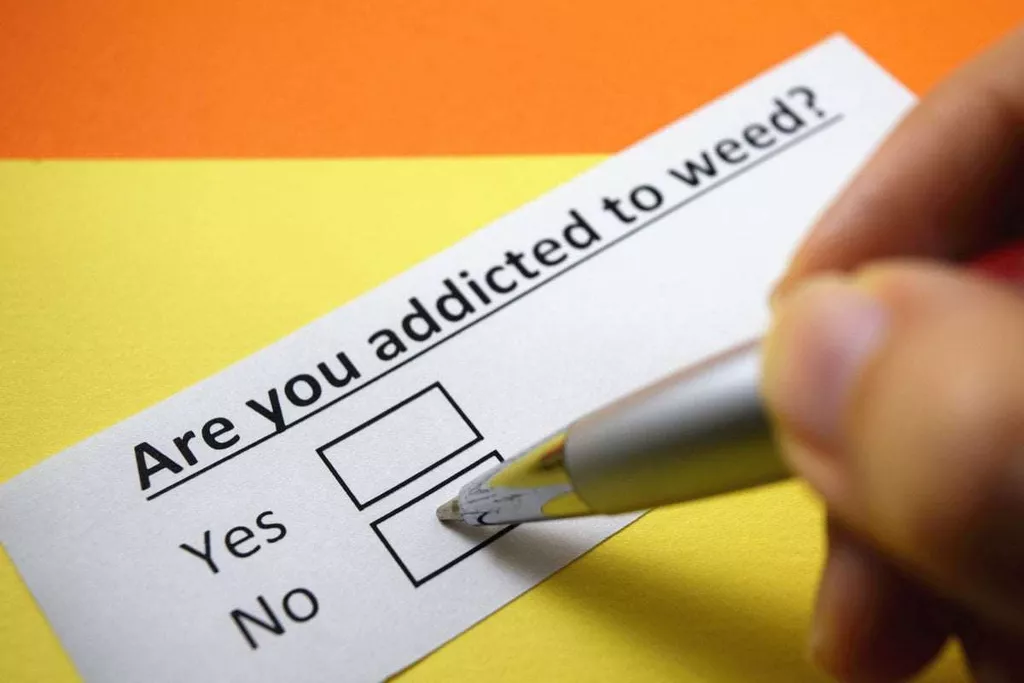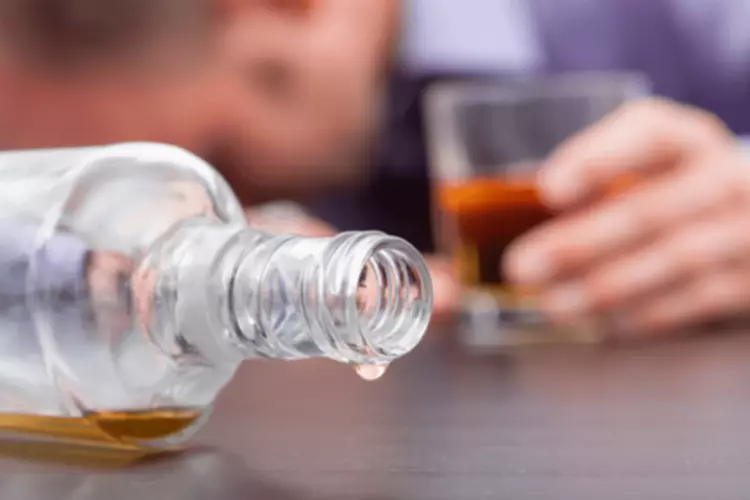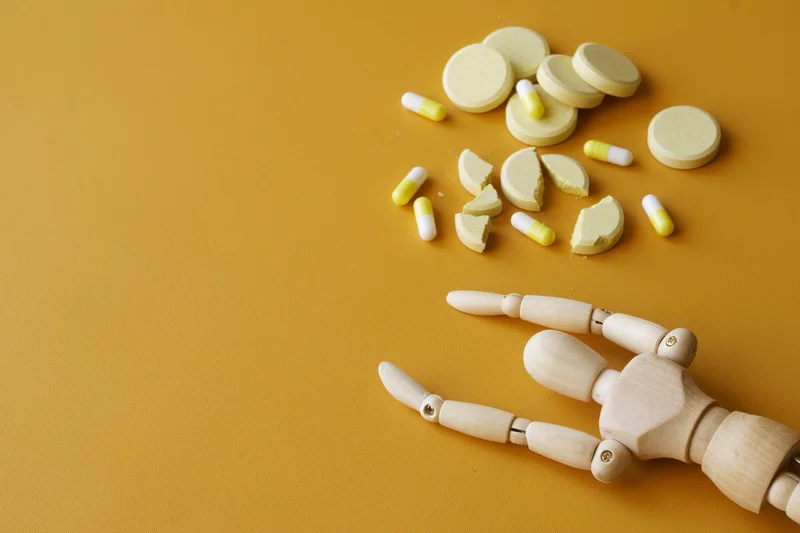This approach integrates care for both disorders, leading to more effective and sustainable recovery outcomes. According to the National https://www.errefom.info/author/errefom/page/101/ Institute on Drug Abuse, 50% of individuals with a mental illness also experience a substance use disorder in their lifetime, highlighting the importance of integrated care strategies. Support groups play a pivotal role in alcohol recovery by providing peer support, accountability, and structured frameworks for individuals seeking sobriety. Alcoholics Anonymous (AA), established in 1935, is a renowned 12-step program that emphasizes mutual aid and spiritual growth to help members maintain abstinence from alcohol.
The techniques used in alcohol recovery are Therapy and Counseling, Medications, Support Groups and Peer Networks, and Holistic Approaches. These methods address the physical, psychological, and behavioral aspects of alcohol dependence, ensuring a structured path toward long-term sobriety. Sustained recovery lowers cardiovascular risks by reducing hypertension, preventing stroke, and improving circulatory efficiency. Studies indicate that alcohol cessation decreases the risk of atrial fibrillation and heart failure, enhancing overall life expectancy. Additionally, mental health disorders such as anxiety and depression often improve with prolonged abstinence, further supporting long-term well-being.
The Role of Visualization Techniques in Recovery
The Maintenance stage focuses on sustaining recovery through long-term systems. The final Termination stage is where alcohol no longer holds control, and the risk of relapse is minimal, hence, full alcohol recovery. They may have stopped drinking, but their life may be exactly the same, leading them to be jealous of others who are drinking or to struggle with emotional or mental health issues.
How relapses inform better recovery strategies
- Beyond physical health, alcohol addiction also affects mental well-being, contributing to anxiety, depression, and suicidal thoughts.
- It is much greater than yourself, which also means it’s not merely a matter of willpower.
- It is critical that researchers and treatment providers develop a formal definition of recovery that has consensus among a wide group of those in recovery as well as those treating it.
- Clients at Carolina Center for Recovery will undergo a personalized journey through one of our highly effective treatment programs.
- Alcoholics Anonymous (AA) follows a 12-step program that emphasizes spiritual growth, self-reflection, and peer accountability.
Alcohol recovery takes anywhere from several months to multiple years, depending on individual factors such as addiction severity, mental health, and the level of support received. While medical detox and initial stabilization take a few weeks, long-term recovery is an ongoing process that requires continuous effort and commitment. Social support systems, such as peer recovery groups and sober communities, offer ongoing encouragement and guidance, reducing the risk of isolation and relapse. Support groups like Alcoholics Anonymous (AA) and SMART Recovery provide peer support, accountability, and structured guidance through the alcohol recovery process. AA follows a 12-step program, emphasizing spiritual growth, personal responsibility, and long-term sobriety through regular meetings and mentorship.
Latest posts by Vogue Recovery Editorial Staff (see all)
The benefits of alcohol recovery include improved physical health, enhanced mental well-being, and better sleep quality. These positive changes help individuals regain control over their lives and experience lasting improvements in their health and well-being. The stages of alcohol recovery are abstinence, post-acute withdrawal, repair, and growth, each addressing different aspects of healing and long-term sobriety. These stages help individuals manage withdrawal, overcome emotional challenges, rebuild their lives, and sustain sobriety through continuous self-improvement and support. The Maintenance stage is the fifth phase in the Transtheoretical Model of behavior change, where individuals work to sustain the behavioral changes achieved during the Action stage and prevent relapse into previous habits.
Motivational Interviewing (MI) enhances an individual’s commitment to sobriety by reinforcing personal motivation and strengthening the decision to change. This stage involves consistent participation in support groups, therapy sessions, and healthy lifestyle choices. Many individuals in this phase engage in Alcoholics Anonymous (AA), outpatient counseling, or sober living homes to reinforce their commitment to recovery. Individuals often begin making behavioral adjustments, such as reducing alcohol intake or informing friends and family about their decision to quit.
Drugs or alcohol can permanently change how your brain functions if you have a substance use disorder. Even if you know you don’t want to use substances, it might feel like your brain is playing tug-of-war with you. But experts have identified a few stages that most people progress through before having a relapse. Knowing these stages can help you recognize warning signs in yourself or others. A relapse is what happens when you return to using substances you want to avoid. It can mean a one-time slip-up or a return to regularly using drugs or alcohol.
- In outpatient treatment, patients and therapists can discuss and practice stress management, and patients may be given homework.
- Long-term recovery is most successful when individuals engage in continued therapy, peer support groups, and relapse prevention strategies tailored to their needs.
- Relapse remains a prevalent and challenging aspect of addiction recovery; acknowledging it as part of the journey rather than an endpoint is crucial for fostering resilience and adaptability in recovering individuals.
- In this stage, individuals have taken some initial steps toward change, such as researching strategies, setting goals, or informing friends and family about their intentions.
- The new NIAAA definition of recovery is an operational definition that can be used by diverse stakeholders to increase consistency in recovery measurement, stimulate research to better understand recovery, and facilitate the process of recovery.
- Understanding the timeline of healing can help manage expectations, reduce anxiety, and reinforce the importance of professional addiction treatment.
What Role Do Sober Living Homes Play in Alcohol Recovery?
And by permitting non-heavy drinking as progress toward a successful outcome, it recognizes that recovery is an ongoing process. If you or someone you know might need help with recovery from alcohol dependence, please https://ativanx.com/2019/07/04/finding-parallels-between-and-life-4/ call us to explore treatment options and discuss alcohol addiction recovery. Relapse can be prevented in alcohol recovery by developing strong coping mechanisms, maintaining a support system, and engaging in long-term treatment strategies.
A balanced diet replenishes essential nutrients depleted by alcohol use, supporting liver function, brain health, and energy levels. Foods rich in antioxidants, lean proteins, and omega-3 fatty acids, such as leafy greens, fish, and nuts, aid in cellular repair and cognitive function. Sober-living homes play an important role in alcohol recovery by providing a structured and supportive environment that helps individuals transition from rehabilitation to independent living. These residences offer a sober community where individuals maintain accountability, build healthy routines, and develop coping strategies to prevent relapse.
- The individual is often well on their way to a new, healthier chapter of life.
- These are questions you have to consider when wondering whether alcoholics can drink again.
- Through structured relapse prevention plans and a focus on self-improvement, individuals in the growth stage build fulfilling, alcohol-free lives while reinforcing their long-term recovery journey.
- Many people experience a relapse when there’s a specific moment or window of opportunity that gives them the chance to use again.
- Self-recovery from alcohol addiction requires strong personal motivation, effective coping strategies, and a reliable support system, but many individuals struggle with relapse due to unaddressed withdrawal symptoms and psychological triggers.
” that sponsorship in AA improves long-term abstinence rates by three-fold, demonstrating the importance of peer support in maintaining progress. Alcohol recovery offers profound benefits, including improved physical health, enhanced mental clarity, stronger relationships, increased productivity, and a greater sense of purpose. No, you cannot achieve alcohol recovery while still drinking occasionally because true recovery requires abstinence-based recovery to break the cycle of alcohol dependence. Moderation management, a harm-reduction approach that encourages controlled drinking, works for individuals without alcohol use disorder but is rarely effective for those struggling with addiction. Holistic approaches such as mindfulness, meditation, and exercise support alcohol recovery by promoting mental clarity, emotional stability, and physical well-being. Mindfulness techniques help individuals stay present and manage stress, reducing the likelihood of impulsive drinking behaviors.
Addiction Freedom
People with alcoholism have intense cravings for it, and this can cloud their thinking in everyday situations. They might also experience physical and psychological withdrawal symptoms when they go without alcohol. The combination of cravings and withdrawal often leads chronic alcoholics to drink at inappropriate times and places, such as first thing in the morning or before work.
However, those with high incomes may still have financial difficulties from forgetting to make payments, incurring heavy fines for drinking and driving, missing work, and spending large sums on alcohol or social gatherings. Whether you are seeking intensive outpatient care or simply need guidance on your drug addiction journey, we are here to help. We are committed to healing everyone who enters our doors from the inside out.
Alcohol recovery is a structured process designed to help individuals overcome alcohol dependence and achieve sustained sobriety. Adopting a balanced lifestyle that includes regular physical activity and healthy nutrition enhances overall well-being and supports sustained recovery. Co-occurring mental health disorders affect alcohol recovery by making the process more complex, as conditions like anxiety, depression, PTSD, and bipolar disorder increase cravings and relapse risk. A study by Alcohol.org titled “Alcohol Addiction and Co-Occurring Disorders” shows that about 37% of individuals with Alcohol Use Disorder (AUD) also have a co-occurring mental health disorder, requiring specialized treatment. Dual diagnosis treatment, which combines mental health and addiction care, is important for successful recovery.
The warning signs of an alcohol relapse are changes in behavior, emotional distress, and increased cravings, which indicate a return to old drinking patterns. The duration of the Preparation stage is short-term, lasting about a month, as individuals are poised to transition into the Action stage. Research “The transtheoretical model of health behavior change” by J O Prochaska, et al. published by the National Institute of Health (NIH) indicates that 20% of at-risk individuals are in the Preparation stage at any given time.
By the end of the first week, many physical alcohol withdrawal symptoms begin to subside. The body starts to rebalance chemically, and sleep patterns may slowly improve. Some people report increased appetite and slight weight gain, while others may experience early signs of weight loss as metabolism normalizes. The first step in alcohol recovery is acknowledging the problem and recognizing the impact of alcohol use on one’s life.















